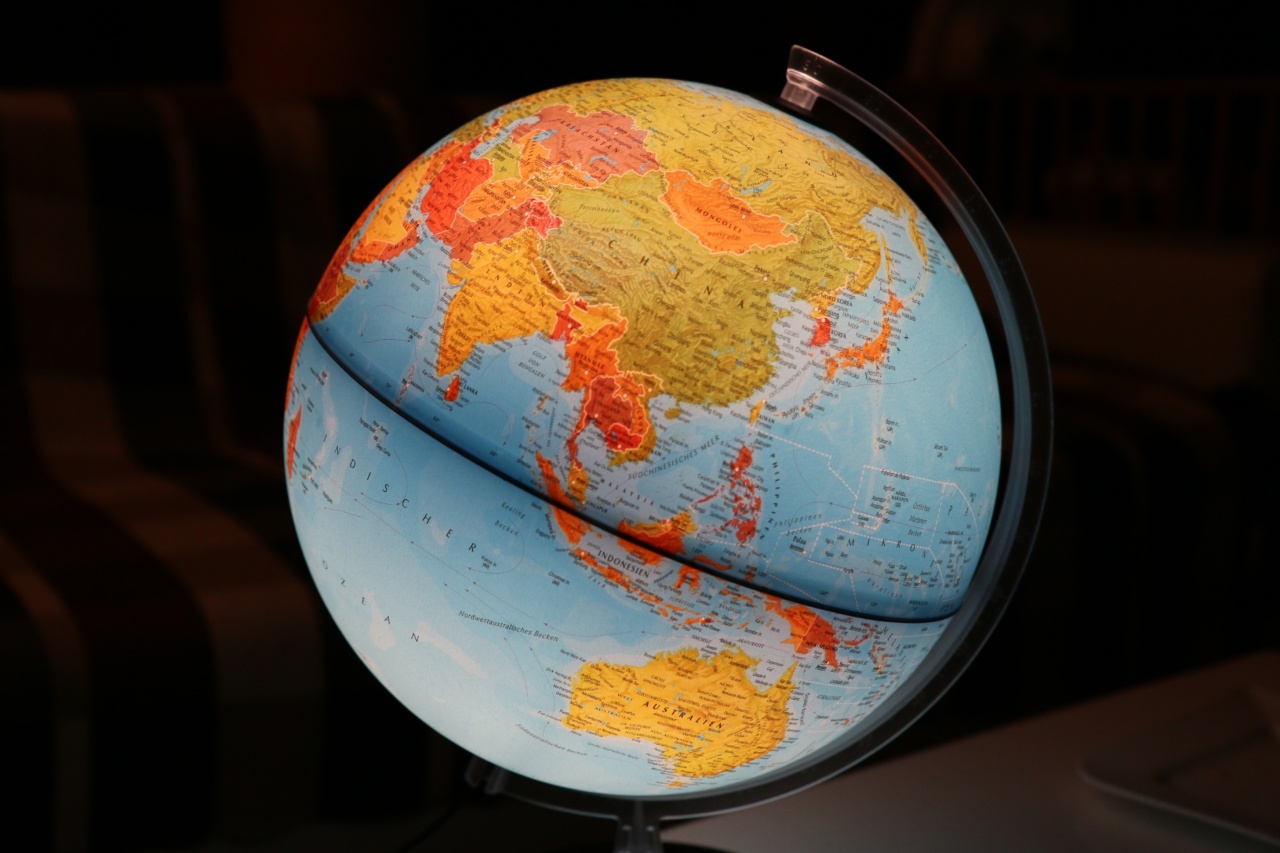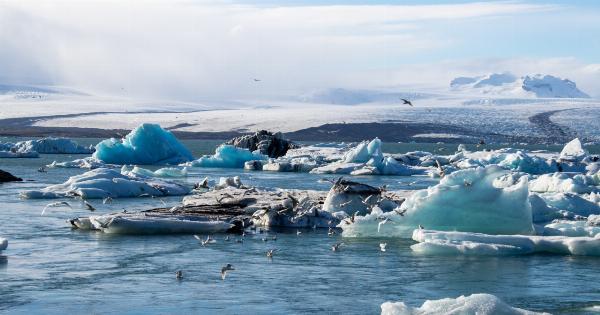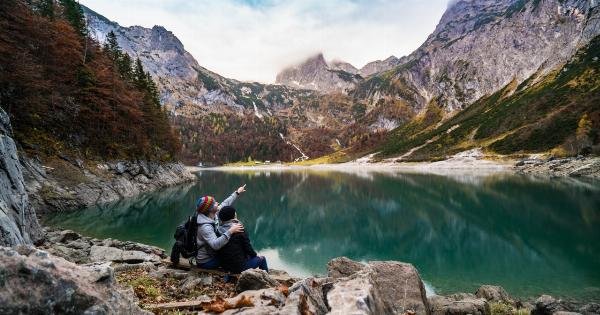Global warming is a long-term increase in Earth’s average temperature due to human activities, predominantly the burning of fossil fuels such as coal, oil, and gas.
This leads to the emission of greenhouse gases such as carbon dioxide, methane, and nitrous oxide, which trap heat and warm the planet’s surface.
Why is global warming a major threat?
Global warming is causing a wide range of environmental and societal impacts, some of which are already visible. The increase in temperature is melting polar ice caps, causing sea levels to rise and leading to more frequent and severe flooding.
The warming is also altering rainfall patterns, causing droughts, and destroying crops. This can lead to food shortages and increased prices. The warming is also increasing the spread of diseases, harming ecosystems, and threatening the survival of plants and animals.
How will the Earth be affected over the next decade?
The impacts of global warming will continue to worsen in the next decade. Temperature increases will continue, leading to more severe and frequent heatwaves. This can lead to heat stress, dehydration, and respiratory problems.
The melting of polar ice will also continue, leading to higher sea levels that threaten cities and cause flooding. Storms and hurricanes will become more severe and more frequent, leading to loss of life and property damage. The ocean will become more acidic, threatening marine life, and coral reefs.
What can we do to mitigate global warming?
Reducing greenhouse gas emissions is the most effective way to slow down global warming. This can be achieved by reducing the use of fossil fuels and switching to clean, renewable energy sources such as solar and wind power.
Energy efficiency improvements in buildings, transportation, and industry can also reduce emissions. Planting trees and other vegetation can also absorb carbon dioxide and help mitigate global warming. Eating a more plant-based, low carbon diet and reducing food waste can also lower emissions.
What are the challenges in mitigating global warming?
There are several challenges in mitigating global warming. One challenge is the political will to take action. Some countries may be reluctant to take action, especially if it involves sacrificing economic growth or jobs.
Another challenge is the cost of transitioning to a low-carbon economy. While clean energy is becoming increasingly cost-competitive with fossil fuels, there are still significant costs involved in making the transition.
Finally, there is the challenge of addressing the complex and interconnected nature of the global climate system. Mitigation strategies must consider a wide range of factors, from energy systems to agriculture to forestry to transportation.
Conclusion
Global warming is a major threat to the Earth in the next decade and beyond. The impacts are already visible, and they will continue to worsen unless action is taken to reduce greenhouse gas emissions.
While there are challenges in mitigating global warming, there are also opportunities for innovation and economic growth in transitioning to a low-carbon economy. It is essential that governments, businesses, and individuals work together to address the issue and protect the planet for future generations.




























